As you all probably know there is a national day for everything. Some of them may be strange, and others kind of get me thinking like is that really a thing?
Since we are in July some of these include National Hot Dog month, National Ice Cream month, and even National Anti-Boredom Month (which is very relevant especially now). However, there is one theme for this month that is even more important than a hot dog.
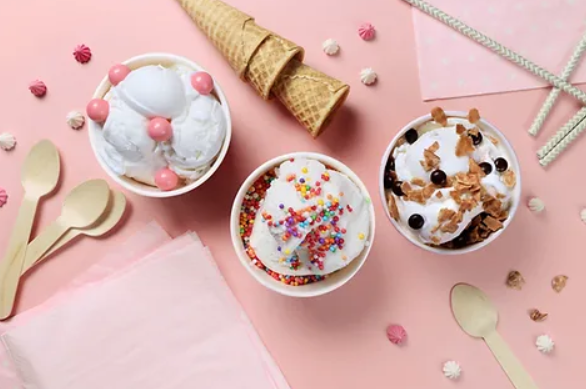
July is BIPOC (Black, Indigenous, People of Color) Mental Health Month.
There is a day to celebrate everything, well how great is it to acknowledge the mental health of minority groups!
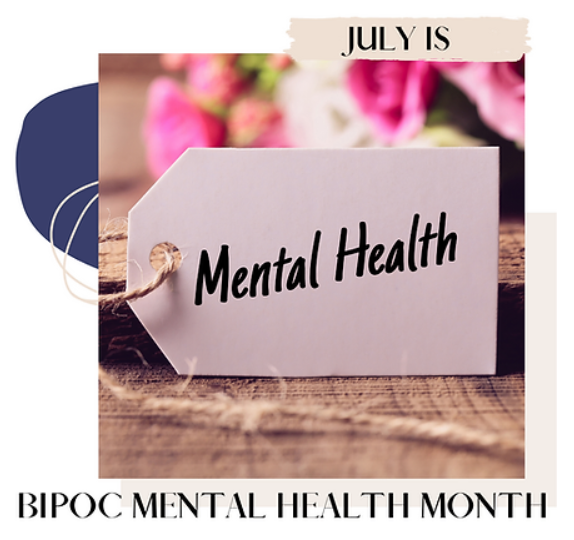
As a Latina undergraduate student myself, I know from firsthand experience that mental health is something that is not talked about in families and it’s hard. Fortunately for me though, I know that if I need to talk to a professional, I have full support from my family.
However, not many BIPOC students can say the same. Mental health is still not seen in a positive light among many people, especially within the BIPOC communities. Some parents that belong to these communities view seeking help as a sign of weakness. This causes many students to not seek help when in need as they may not want to seem “weak” or disappoint their families.
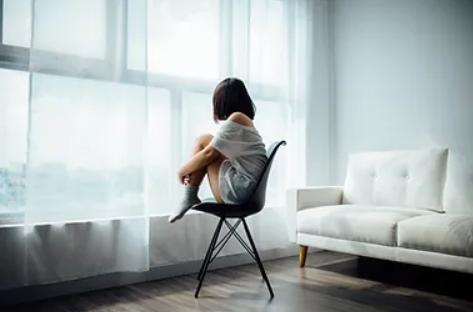
Common misconception that continues to exist is that mental health equals mental illness. Everyone has mental health and should work on improving the health of their brain. For those who suffer from a mental illness, this usually requires more support from a licensed professional. Since this concept may still remain foreign or uncomfortable for older generations, education surrounding mental health is extremely important.
Furthermore, a lack of resources and/or access to resources perpetuates the challenges that exist. Many people dealing with anxiety, depression, or just needing to talk to someone may not know who to turn to or have trouble locating a provider they feel comfortable with. Subsequently, this may prevent many students or people in general from BIPOC communities to seek help.
Read these surprising, alarming and worrisome statistics from the Huffington Post:
- “Latinx children under the age of 18 with a mental health problem had 58% fewer visits to mental health specialists than white children”
- “Black children struggling with their mental health had 47% fewer visits to professionals than white children, according to the same study.”
- “Black Americans are 20% more likely to experience a serious mental health problem compared with the general population.”
- “An estimated 8.2% of Hispanic high school students attempted suicide, compared with 6.1% of white students, according to 2017 research.”
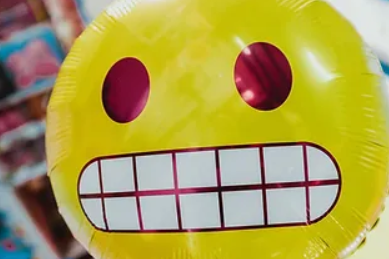
There are many barriers BIPOC students face that lead them to not seek help. Some of them being language barriers, lack of insurance, problems identifying the symptoms associated with mental health issues, or the cultural stigma that is associated with mental health.
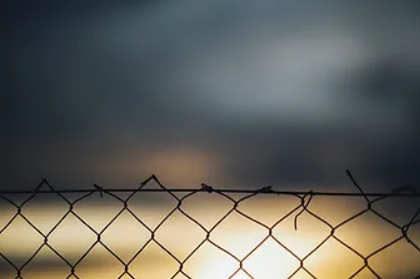
To those BIPOC students reading this right now, I want you to know that it is okay to ask for help. You are not weak if you ask for help! It’s also important to continue to stay informed and learn more about mental health and how to improve your strategies and skills.
If you haven’t checked out our workbook yet, it’s a great place to start: The Ultimate Guide to Student Mental Health
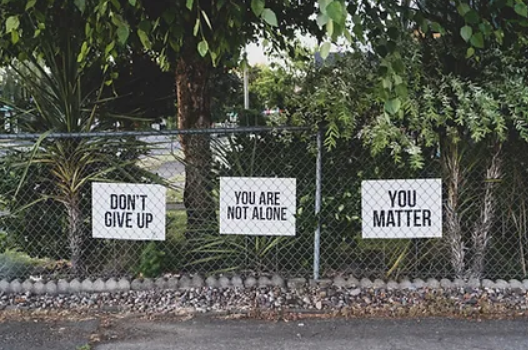
At IgnitEDU, we are determined to help students and their families understand mental health and develop strategies to improve their overall well-being.
This month, we will be focusing on mental health among minority students and will be providing tips and suggestions on how to work on this all month long. Make sure you are following our Instagram, Facebook and Twitter page, and are subscribed to our newsletter to get the most out of this month.
Remember you are the only one that can determine the course of your life. Choose yourself, and work on your mental health today.
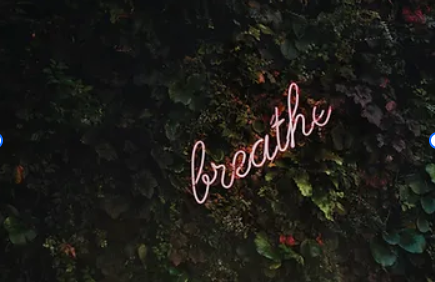
Happy July to all of you and enjoy this month to the fullest!
view + leave comments . . .